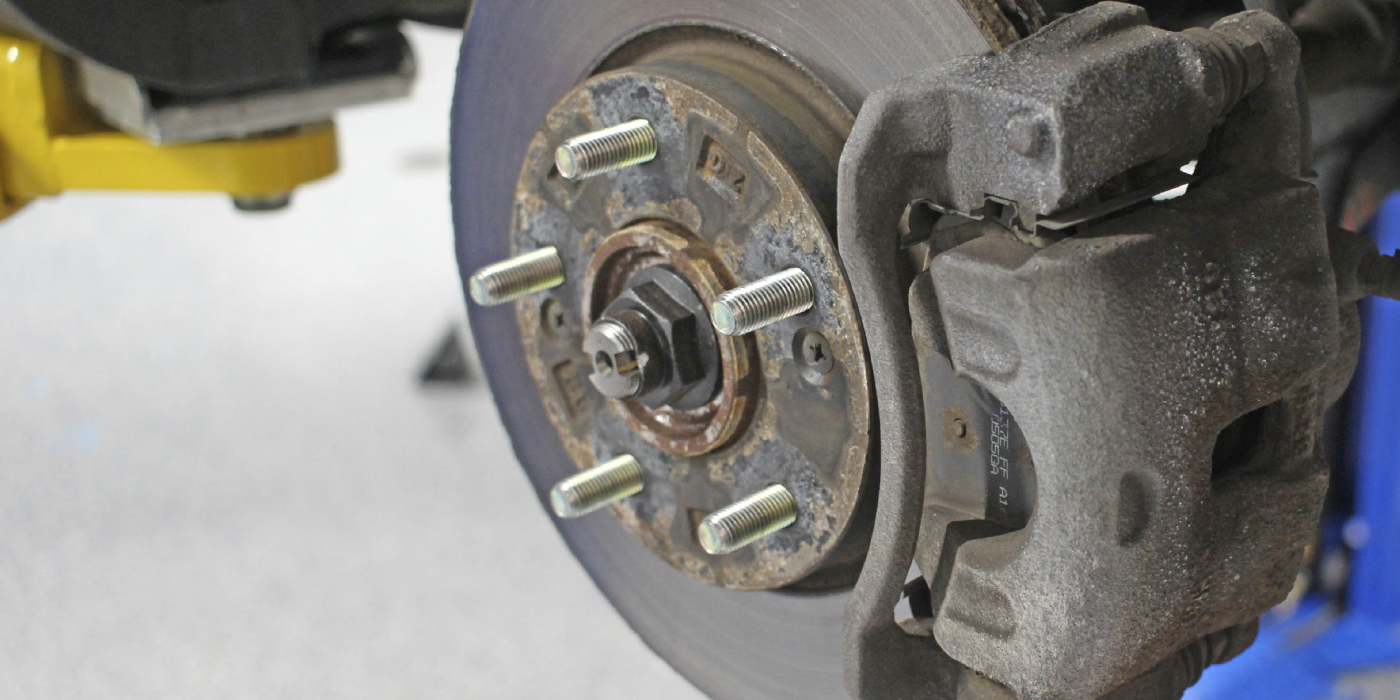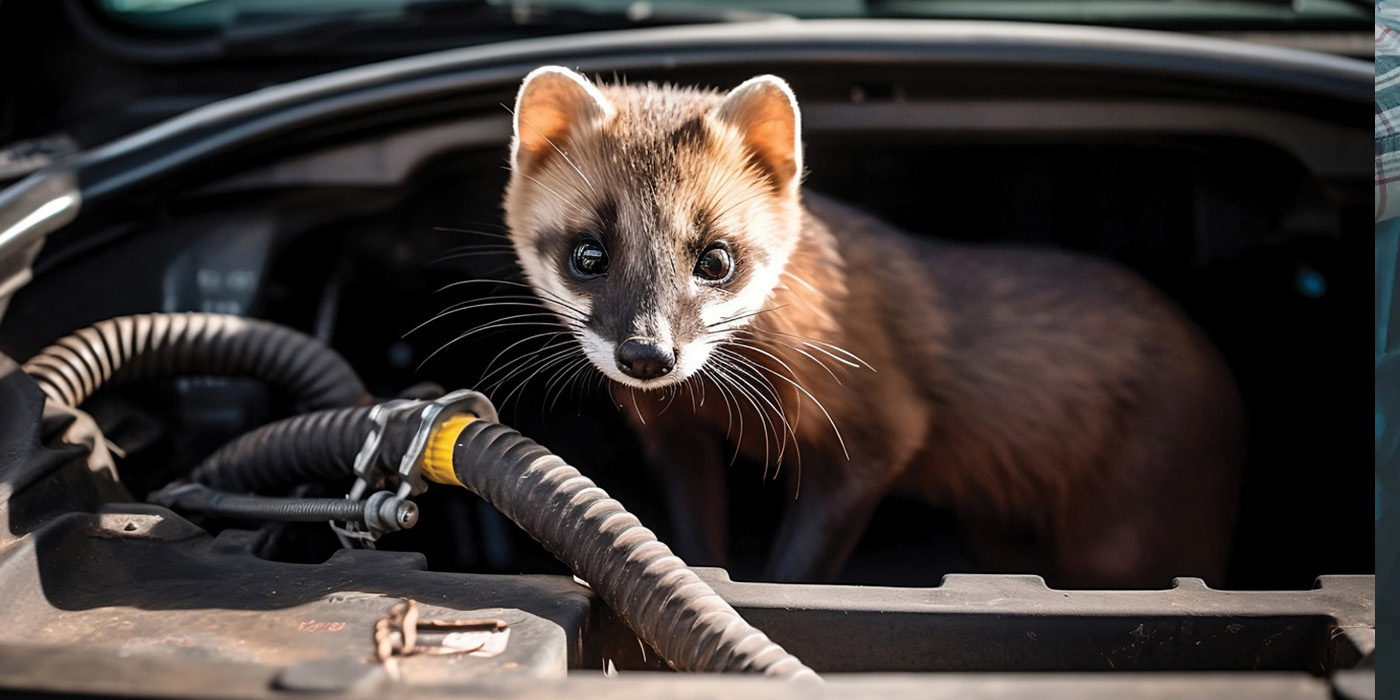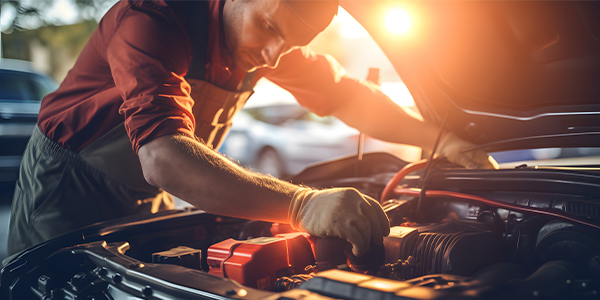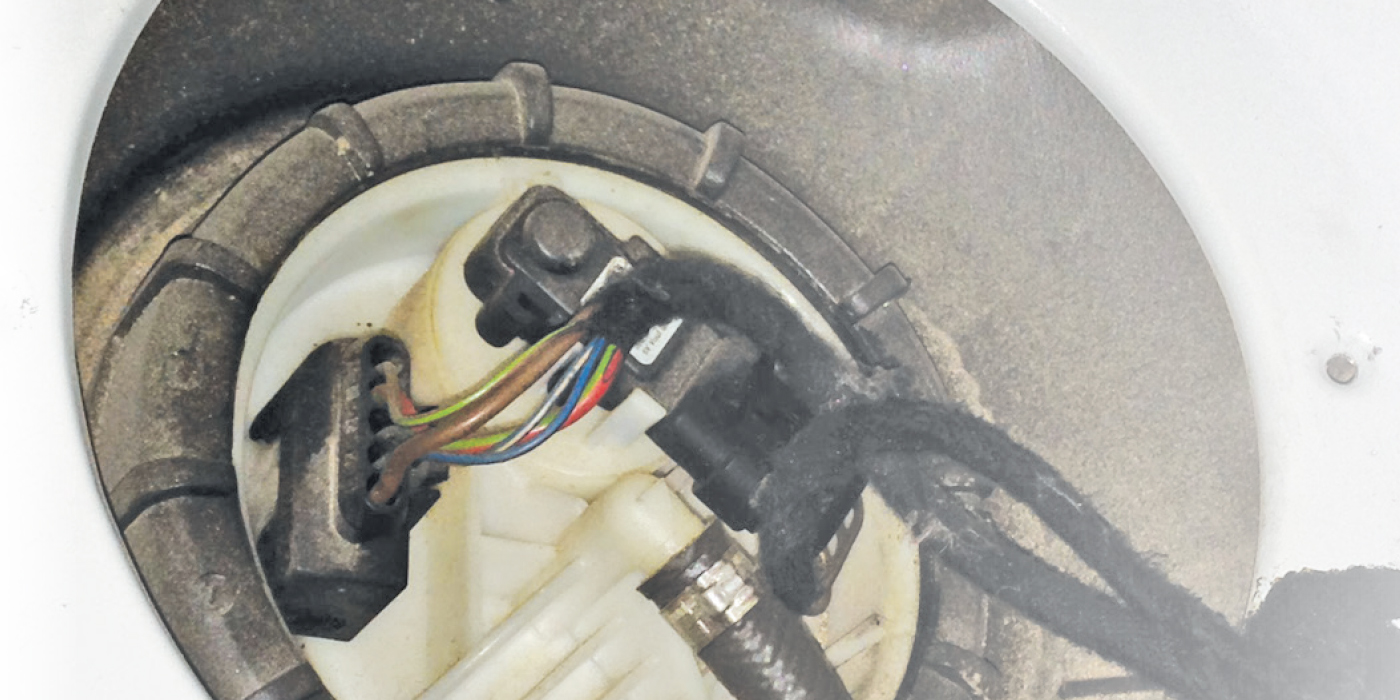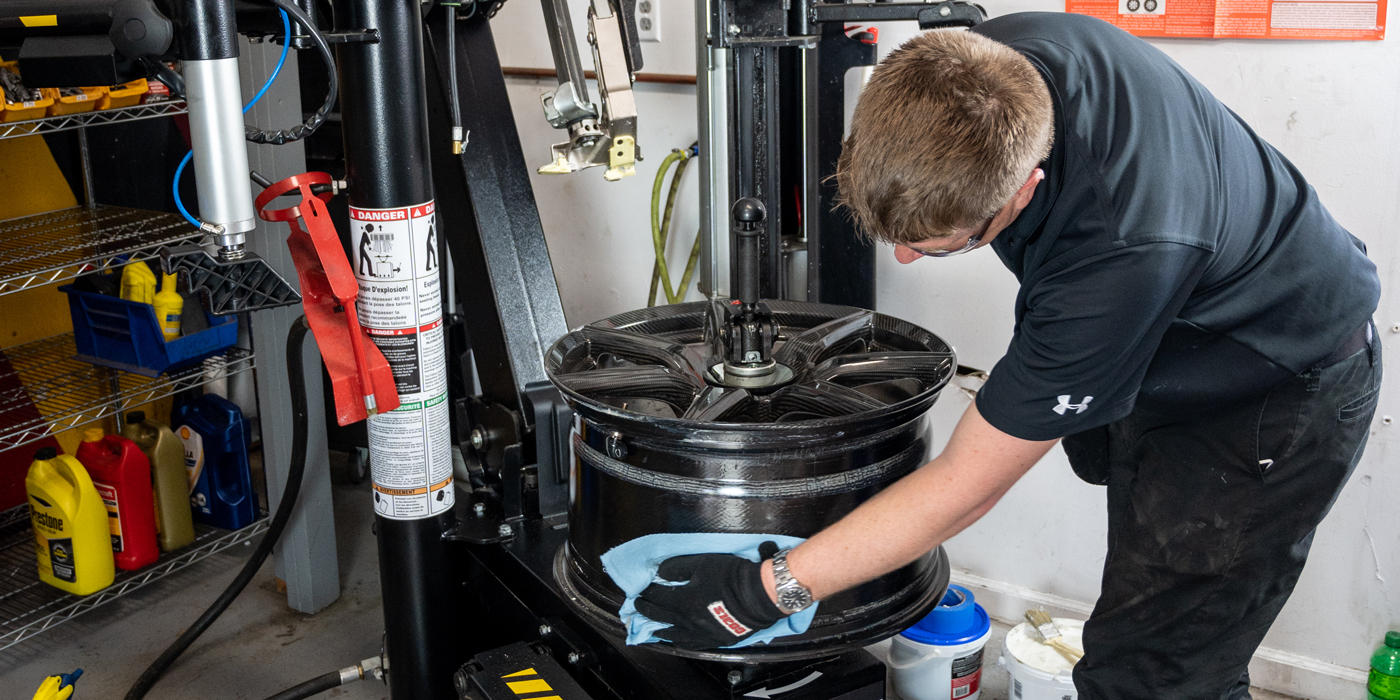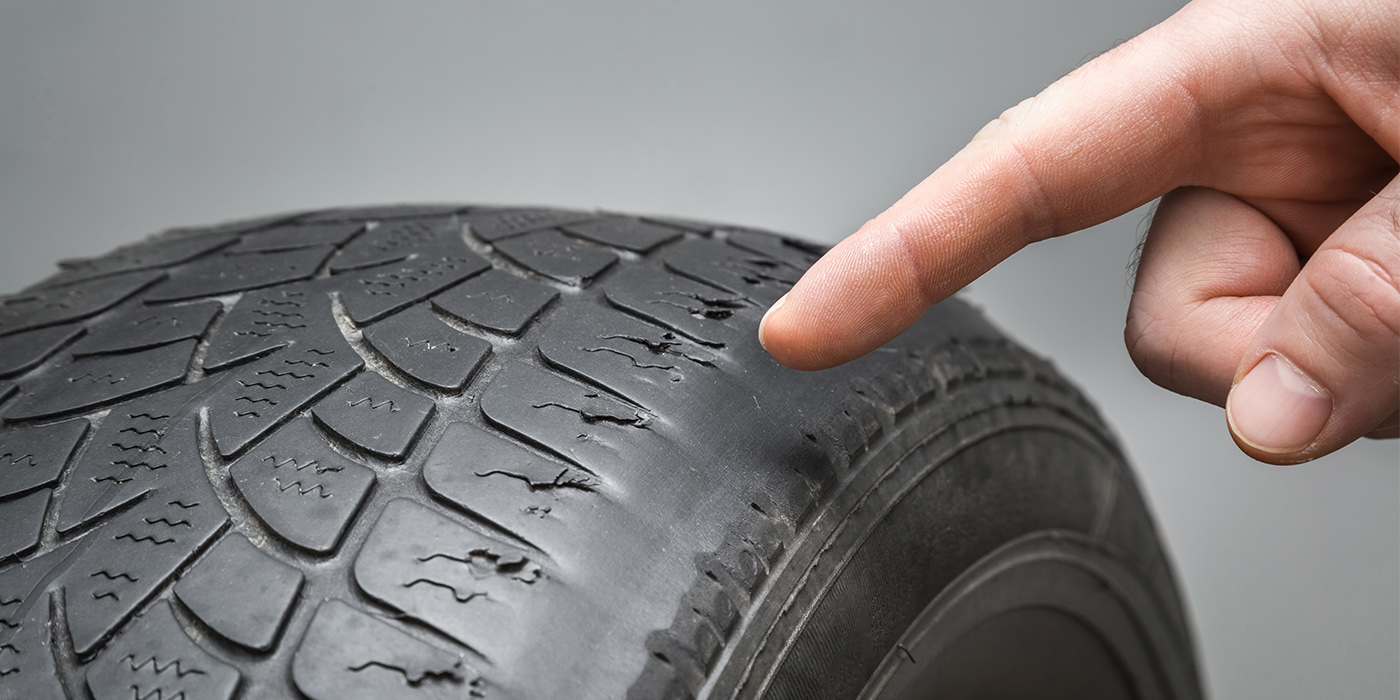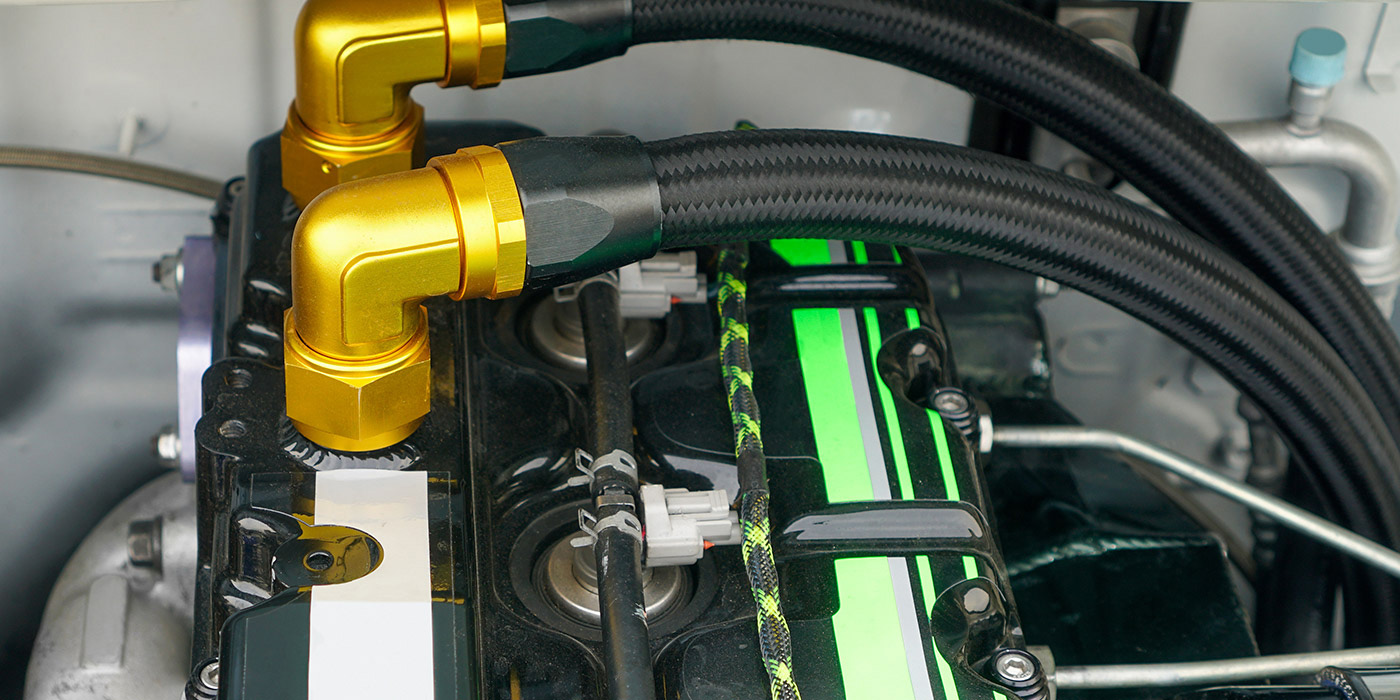Chances are, you have been asked why a repair bill is so expensive. This is typically followed up by the customer asking why vehicles have to be so complex. The simple answer is that consumers have demanded safe and environmentally friendly vehicles during the past 60 years. Unfortunately, the only way to fulfill these demands is with technology that can increase complexity.
Most of your customers won’t remember the Clean Air Act from 1967 or even the TREAD Act of 2002 that mandated TPMS. But everyone has benefitted from these laws with cleaner air and safer roads.
Emissions
I remember a time while I was growing up in Denver in the 1970s, the mountains were obscured by a brown haze. It was not until I visited recently, that I realized the views I had missed as a child.
More than 50 years ago, the Clean Air Act was passed as a federal law to help protect the environment. The statutes and subsequent amendments were written because people had enough of rivers catching fire and smog choking cities.
Emissions devices started with positive crankcase ventilation systems in the 1960s. In the 1970s, electronic ignition and catalytic converters were made standard equipment. In the 1990s, OBDII changed how vehicle emissions controls were regulated and repaired.
Every step of the way, there has always been someone complaining about the cost of a PCV valve, ignition module or diagnostic labor charges. But the increased complexity, parts count and repair costs have improved the quality of life of a lot of people.
Safety
Fifty years ago, 54,589 people were killed on U.S. roads in 1972. In 2021, 42,915 people were killed. That might not sound like much of a victory until you look at the statistic for fatalities for every 100 million vehicle miles driven (VMT). In 1972, it was 4.3 deaths per VMT. In 2021, it was 1.3 per VMT. That is almost a 70 percent reduction in fatalities for overall miles driven.
Safety has increased by better-engineered vehicle structures. But technologies like ABS and ADAS prevent accidents from happening in the first place. For your customers, it has meant more warning lights and repairs. But it has also probably prevented an expensive accident for them and other people on the road.
What if we rolled back the laws so that cars and trucks do not have to meet safety and emissions standards? Engines could use carburetors, airbags would be optional, and all ADAS features like pre-braking and lane keeping could be eliminated. What do you think would happen?
To see an example of this, go to China. The explosion of individually owned vehicles has happened in the past 20 years. Many of the vehicles were designed to be affordable to operate. Unfortunately, many of these vehicles lacked even basic emission control devices because they were considered too expensive for consumers. As a result, it didn’t take long for major cities like Shanghai and Beijing to be covered in a thick blanket of smog.
But, even China has changed its laws to make vehicles sold safe and environmentally friendly. In 2018, China enacted China6 emissions regulations and C-NCAP standards for vehicle safety.
The next time you get asked the cost and complexity question, ask your customer if they like clean air and safe roads.


